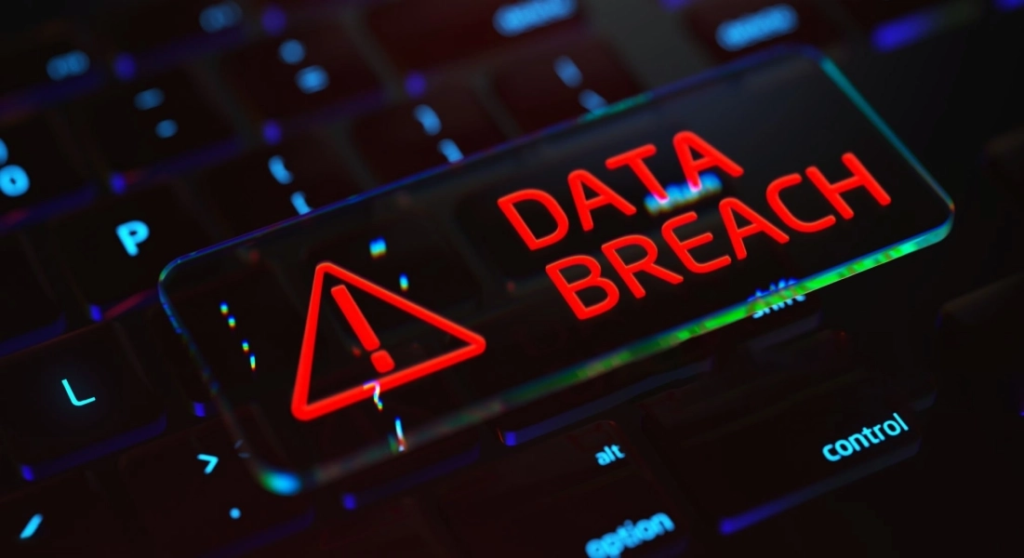New York Hospital Ransomware Attack Hits 670,000 Patients

Hoplon InfoSec
05 Jan, 2025
The Richmond University Medical Center (RUMC) in Staten Island, New York, has been at the center of a cybersecurity crisis since May 2023, when it fell victim to a devastating ransomware attack. The incident, which caused significant disruptions to its operations, has now been confirmed to have resulted in a major data breach affecting over 670,000 individuals. This article explores the details of the breach, its impact on the victims, and the broader implications for healthcare cybersecurity.
The Initial New York Hospital Ransomware Attack and Disruptions
The ransomware attack on RUMC occurred in early May 2023, causing significant disruptions to the healthcare facility’s operations. While essential services were restored after several weeks, the attack raised immediate concerns about sensitive patient and Employee data security.
Initial forensic investigations revealed that the hospital’s electronic health record (EHR) systems remained uncompromised. However, subsequent inquiries uncovered that the attackers might have accessed or exfiltrated other files within RUMC’s network. This discovery set off a months-long review process to assess the full extent of the breach.
Uncovering the Data Breach

In a security incident notice, RUMC detailed its response to the breach:
Identification of Potentially Compromised Files: Investigators found copies of each file for further examination after determining that some files might have been accessed or stolen.
Manual Review of Sensitive Data: A comprehensive manual review was conducted to identify whether the compromised files contained sensitive personal or health information. This labor-intensive process underscored the complexity of assessing the impact of such breaches.
It wasn’t until December 1, 2024, that RUMC confirmed the presence of sensitive personal data within the compromised files. This delayed confirmation highlighted the challenges organizations face after sophisticated ransomware attacks.
Types of Compromised Data
According to the investigation, the stolen data includes a wide range of sensitive information, such as:
Names
Social Security numbers (SSNs)
Driver’s license or state ID numbers
Dates of birth
Financial account and payment card information
Biometric data
User credentials
Medical information
Health insurance policy details
The exposure of such a broad spectrum of data makes the breach particularly concerning. Victims now face the risk of identity theft, financial fraud, and unauthorized use of their personal health information.
The Delayed Response and Its Consequences
One of the most troubling aspects of this breach is the significant time lag between the initial attack and the notification of affected individuals. The breach occurred in May 2023, but it wasn’t until mid-December 2024 that RUMC reported the incident to state attorneys general and the Department of Health and Human Services (HHS).
This delay has potentially dire consequences. If the stolen information has been in the hands of cybercriminals for over 18 months, the window for misuse has been alarmingly wide. Victims may have already suffered financial or reputational damage before receiving any notification or assistance.
Assistance for Victims
RUMC offers 12 months of free credit monitoring services to individuals whose Social Security numbers may have been compromised. While this is a standard response to such breaches, many experts argue that a single year of monitoring is insufficient, given the long-term risks associated with identity theft and data misuse.
The Mystery Behind the Attack

Interestingly, no known ransomware group has taken credit for the attack on RUMC. This has led to speculation about the organization’s response to the attack. One possibility is that RUMC paid a ransom to prevent the public release of the stolen data. However, the delayed confirmation of compromised sensitive information suggests that the breach’s full impact became evident only after extensive investigation.
Ransomware groups typically publish stolen data on dark web forums if their ransom demands are unmet. In this case, the absence of such a leak remains an enigma. It raises questions about the attackers’ motives and the effectiveness of RUMC’s response strategy.
Broader Implications for Healthcare Cybersecurity
The RUMC breach is a stark reminder of the vulnerabilities within the healthcare sector. Hospitals and medical centers are prime targets for ransomware attacks due to the sensitive nature of the data they handle and their reliance on uninterrupted operations.
Key Lessons for Healthcare Organizations:
Proactive Defense Measures:
Implement robust cybersecurity protocols, including regular system updates, Employee training, and advanced threat detection technologies.
Encrypt sensitive data to minimize the impact of potential breaches.
Incident Response Planning:
Develop and regularly test incident response plans to ensure swift and effective action in the event of a cyberattack.
Establish clear communication channels for promptly notifying affected individuals and regulatory bodies.
Comprehensive Data Audits:
Conduct regular audits to identify and address data storage and access control vulnerabilities.
Maintain detailed records of all data transactions to facilitate post-incident investigations.
Support for Victims:
Provide long-term support to individuals impacted by data breaches, including extended credit monitoring and identity theft protection services.
Offer clear guidance on steps victims can take to safeguard their personal information.
Regulatory and Legal Considerations

The RUMC breach also highlights the importance of compliance with data protection regulations. Under the Health Insurance Portability and Accountability Act (HIPAA), healthcare organizations must implement safeguards to protect patient data and report breaches promptly.
Failure to adhere to these requirements can result in substantial penalties and damage an organization’s reputation. The delayed notification, in this case, could attract scrutiny from regulators and spark legal challenges for affected individuals.
Conclusion
The ransomware attack on Richmond University Medical Center is a worldwide cautionary tale for healthcare organizations. It underscores the critical need for robust cybersecurity measures, timely incident response, and transparent stakeholder communication. For the victims, the breach is a stark reminder of the personal risks posed by cyberattacks.
As healthcare providers continue to digitize their operations, they must prioritize the security of their systems and the sensitive data they handle. The lessons learned from the RUMC breach should catalyze industry-wide improvements in cybersecurity resilience.
For more:
https://www.securityweek.com/new-york-hospital-says-ransomware-attack-data-breach-impacts-670000
Share this :